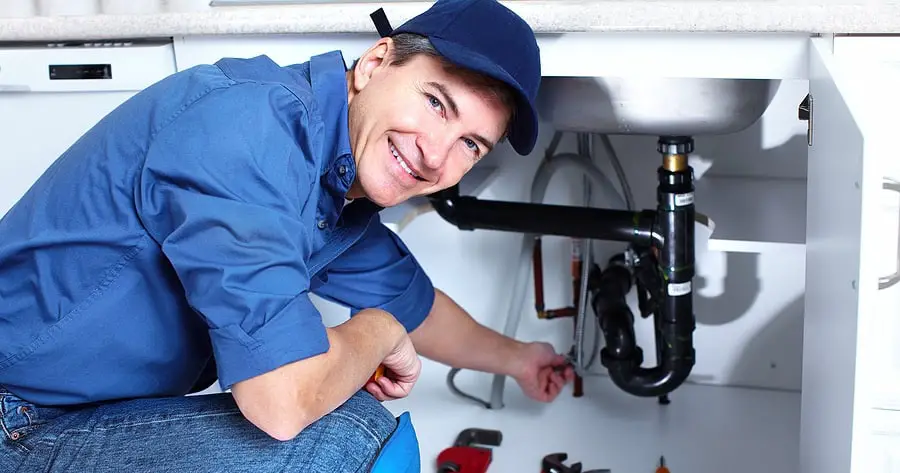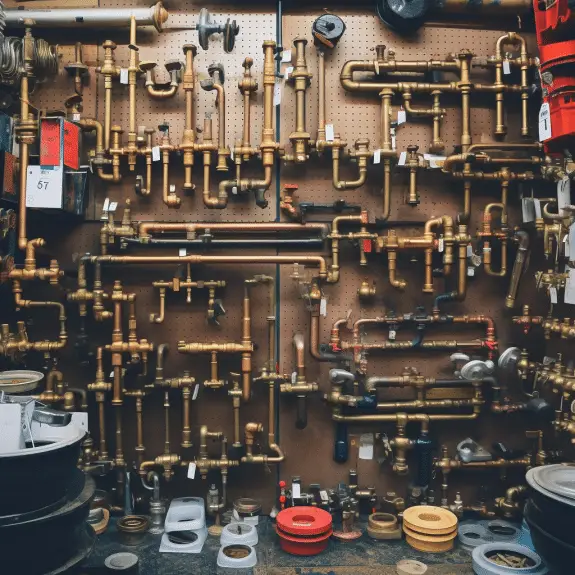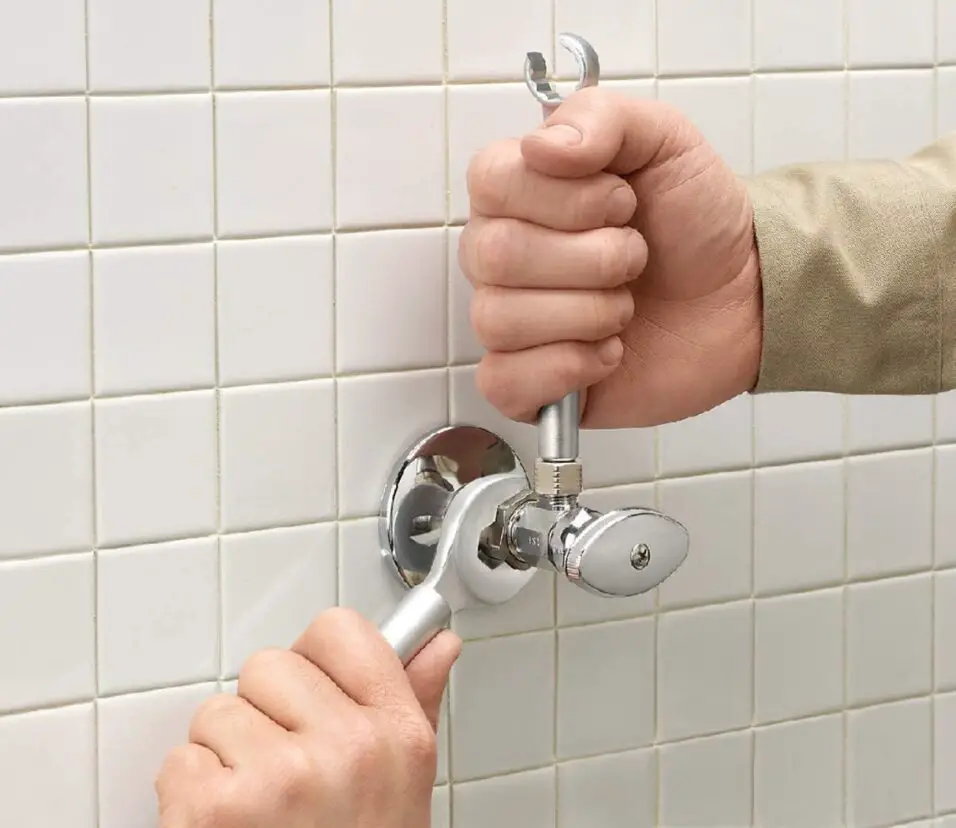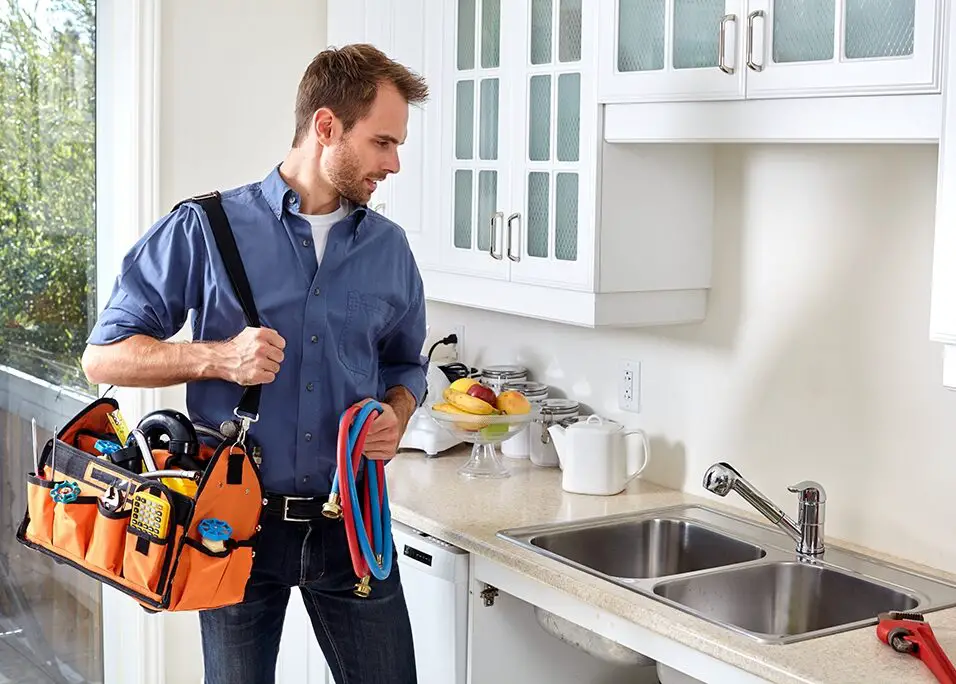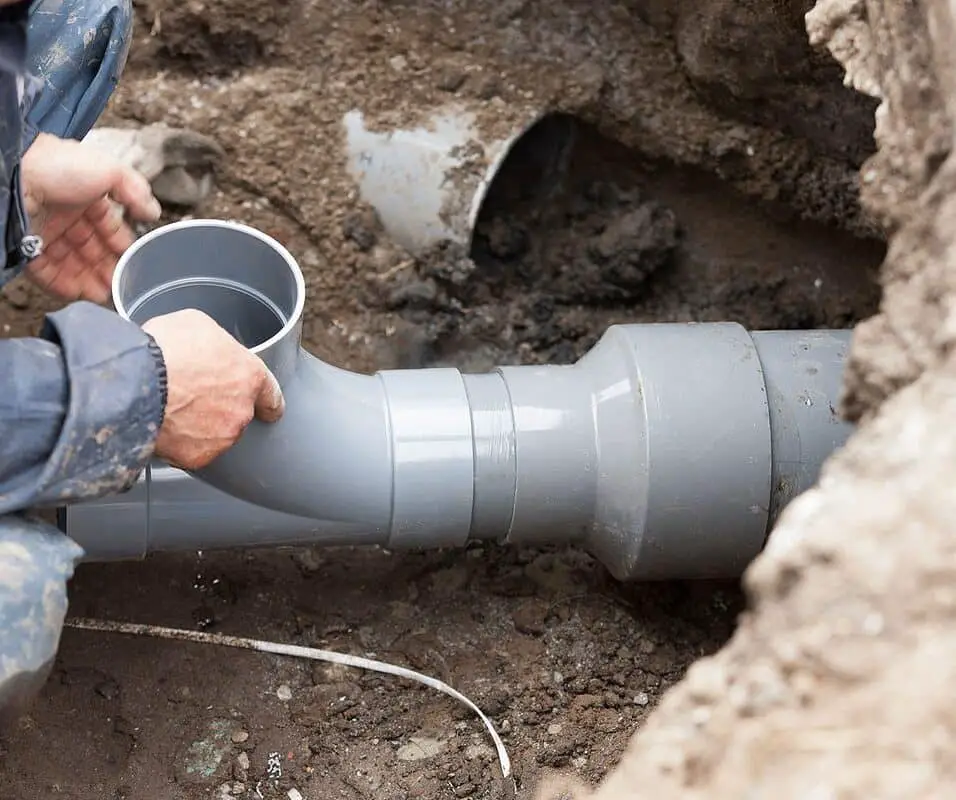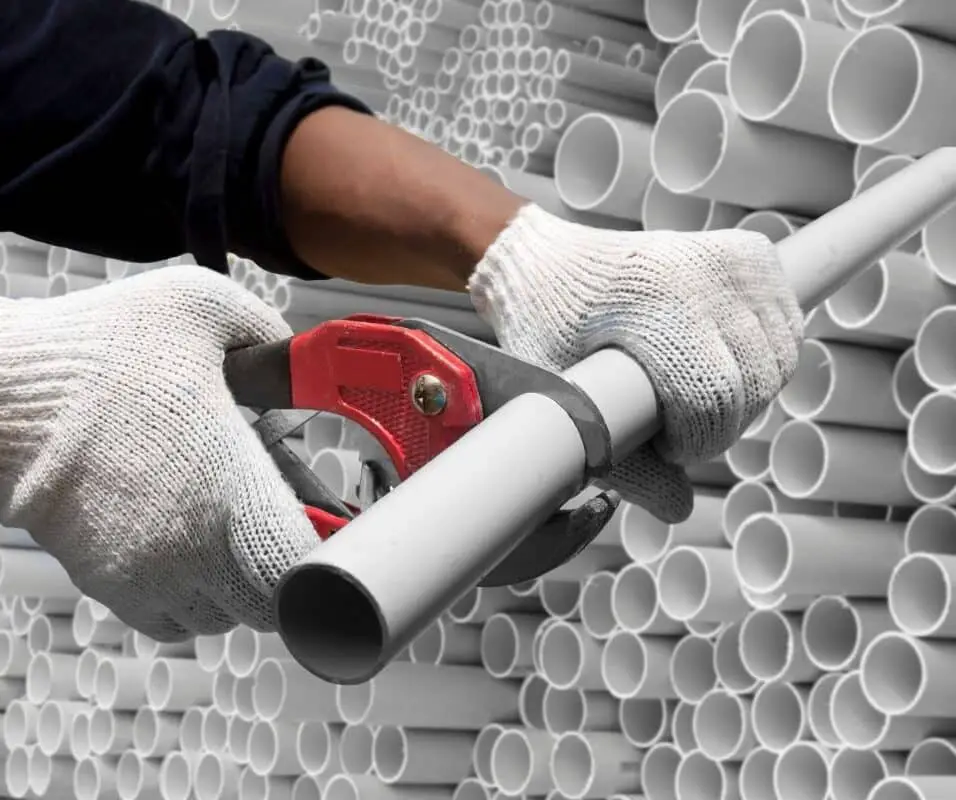How To Become A Plumbing Engineer
Introduction
How To Become A Plumbing Engineer: Obtaining a relevant education is the first step towards becoming a plumbing engineer. Typically, this involves earning a bachelor’s degree in mechanical engineering or a closely related field.
Alongside formal education, it is crucial to gain practical knowledge of the plumbing work industry. Seeking internships, co-op programs, or entry-level positions at plumbing engineering firms or construction companies can provide invaluable hands-on experience. Such opportunities allow you to learn about plumbing codes, regulations, industry standards, and best practices.
Plumbing engineers must possess a diverse range of technical skills. These include a deep understanding of water supply systems, drainage systems, water treatment processes, and sustainable plumbing practices. Additionally, proficiency in computer-aided design (CAD) software and hydraulic modeling tools is vital for creating accurate system designs and simulations. In most jurisdictions, plumbing engineers are required to obtain a professional license.
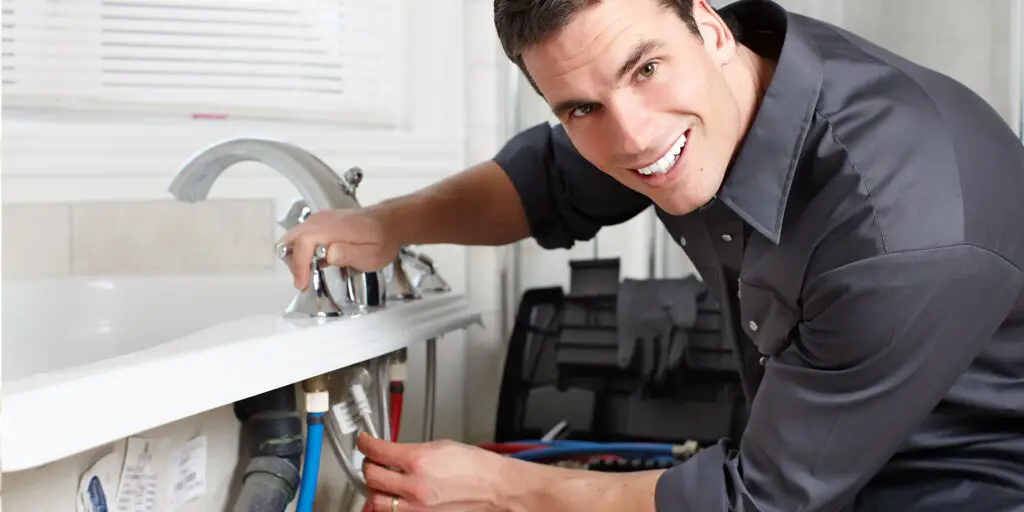
What is the role of a plumbing engineer?
Plumbing engineers design, install, and maintain household and commercial water and piping systems. These plumbers can handle water supply, sanitation, drainage, heating, and specialties.
System Design and Layout: Plumbing engineers design plumbing systems. This entails placing pipes, fittings, and equipment to ensure water flow throughout a facility. Plumbing engineers evaluate architectural blueprints, visit sites, and work with architects, contractors, and other specialists to create project-specific designs.
Drainage and Waste Management: Plumbing engineering requires efficient wastewater disposal. Plumbers create drainage systems that transfer wastewater from fixtures to sewage or treatment facilities. Slope, pipe sizing, venting, and wastewater disposal rules are carefully considered. Their knowledge prevents clogs, backflows, and contamination, assuring safe waste evacuation from the premises.
Sustainable and Energy-Efficient solutions: Sustainable plumbing solutions are becoming more popular. Plumbing engineers pioneer green practices.
How much does a plumbing engineer earn in New York?
How much does a Plumbing Engineer make in New York, NY?
Average Salary Range: According to the U.S. Entry-level positions may offer lower salaries, but as engineers gain experience and expertise, their earning potential typically increases.
Industry and Company Size: The industry in which a plumbing engineer works can also impact their salary. Plumbing engineers may find employment in various sectors, including construction, consulting firms, architectural firms, or government agencies. Salaries can vary based on the demand and complexity of projects in these industries. Additionally, larger companies or firms may offer higher salaries and benefits packages compared to smaller organizations.
Geographic Location: Within New York, the specific location can influence salary levels.
What is the difference between engineer and plumber?
The main difference between a plumber and a heating engineer is that a plumber does not carry any gas safe qualifications. On the flip side, a heating engineer that mainly does boiler repairs is unlikely to work on any other aspects of your heating system.
Education and Training: Engineers typically undergo extensive formal education and training. They typically hold a bachelor’s degree or higher in engineering or a related field, which equips them with a broad understanding of scientific principles, mathematics, and problem-solving techniques. Engineers study various disciplines, such as civil, mechanical, or electrical engineering, and often specialize in specific areas.
On the other hand, plumbers typically pursue vocational or technical training through apprenticeships, trade schools, or vocational programs. These programs focus on practical skills and hands-on training specific to plumbing systems, including pipefitting, welding, and plumbing codes and regulations.
Design and Planning: Engineers are responsible for designing and planning complex systems, including water supply, drainage, and wastewater management. They analyze and evaluate the project requirements, develop design concepts, and create detailed blueprints or schematics. Engineers consider factors such as structural integrity, efficiency, safety, and compliance with regulations while designing systems that meet the specific needs of a project.
Plumbers, on the other hand, primarily work on the implementation and installation of plumbing systems based on the design plans created by engineers. They interpret the blueprints, select appropriate materials and equipment, and carry out the physical installation of pipes, fixtures, and related components. Plumbers have in-depth knowledge of plumbing codes and standards and ensure that the installation complies with these regulations.
What city pays plumbers the most?
Entry-level plumbers have the highest median pay in two of the nation’s biggest cities, with San Francisco ($57,000, $27.74 per hour) and New York City ($54,900, $26.39) topping the list. Next up is Anchorage, Alaska ($53,700, $25.82).
San Francisco, California: San Francisco is often cited as one of the highest-paying cities for plumbers. The city’s high cost of living and strong construction industry contribute to the demand for skilled tradespeople. Plumbers in San Francisco benefit from these factors, earning higher wages compared to other regions. The city’s ongoing construction projects and strict building codes also create opportunities for plumbers with specialized skills.
New York City, New York: As one of the largest metropolitan areas in the United States, New York City offers numerous opportunities for plumbers. The city’s vibrant construction sector, dense population, and aging infrastructure contribute to the demand for plumbing services. Plumbers in New York City often earn higher salaries due to the high cost of living and the complexity of projects in the area.
Chicago, Illinois: Chicago, known for its robust construction industry, offers competitive salaries for plumbers. The city’s large population, diverse range of commercial and residential buildings, and ongoing development projects contribute to the demand for skilled plumbers. Plumbers in Chicago can benefit from the steady stream of construction projects, renovations, and maintenance work available throughout the city.
Boston, Massachusetts: Boston, with its historical buildings and thriving construction industry, is another city that pays plumbers well. The city’s strong economy, high demand for construction and renovation projects, and strict building codes contribute to higher wages for plumbers. Skilled plumbers in Boston can find opportunities in residential, commercial, and institutional sectors.
What do you need to be a plumbing engineer?
Many plumbing engineers have completed a bachelor’s degree in mechanical engineering. You can also learn about plumbing in a vocational or trade school. The American Society of Plumbing Engineers offers a Certified in Plumbing Design (CPD) program that includes training and an examination.
Specialization: While a general mechanical engineering degree provides a solid foundation, specializing in plumbing engineering can enhance your expertise and career prospects. Some universities offer specialized programs or concentrations in plumbing engineering within their mechanical engineering departments. These programs provide in-depth knowledge about plumbing systems, water supply, drainage, and related topics.
Gain Practical Experience: Practical experience is invaluable in the field of plumbing engineering. Seek internships or entry-level positions at plumbing engineering firms, construction companies, or other relevant organizations. This hands-on experience will allow you to apply your theoretical knowledge, learn about plumbing codes and regulations, and gain insight into industry practices. It is an opportunity to work alongside experienced professionals and learn from their expertise.
Develop Technical Skills: Plumbing engineers require a range of technical skills to design and analyze plumbing systems. Familiarize yourself with computer-aided design (CAD) software, which is commonly used for creating detailed plumbing system designs and layouts. Additionally, proficiency in hydraulic modeling software is beneficial for simulating fluid flow and pressure in plumbing systems. Developing these technical skills will enhance your ability to design efficient and effective plumbing systems.
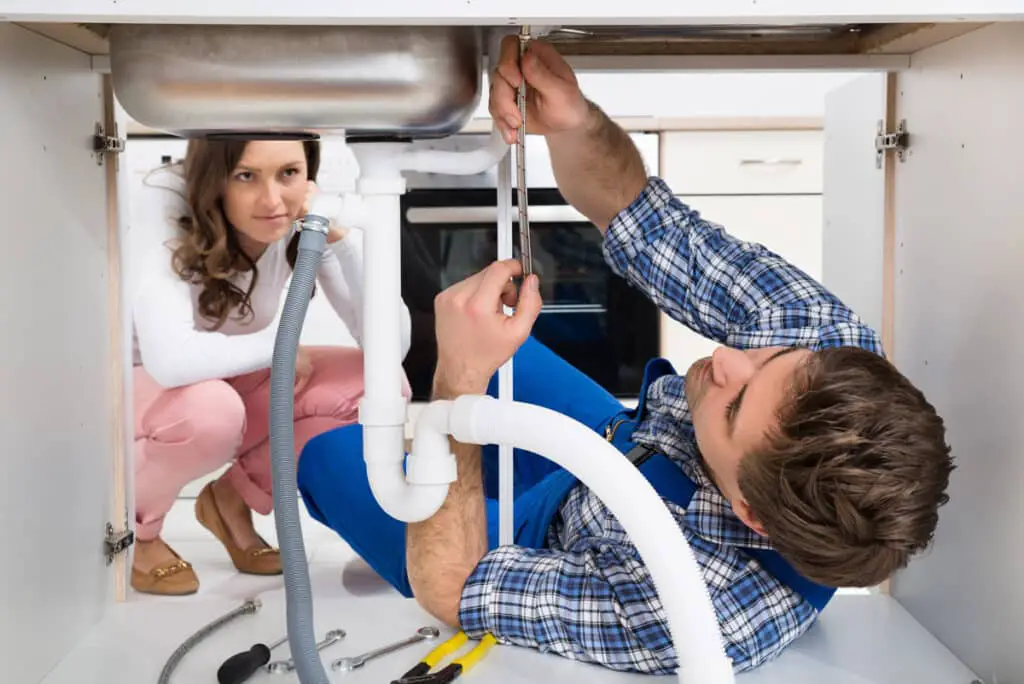
Does plumbing come under civil engineering?
Civil Engineers study Hydraulics, which is the science concerned with conveying liquids through pipes and channels; so yes! But the main concern of a Civil Engineer is conveying water not other fluids. The design of pipes is mainly based on two branches: Pressurized Flow.
Civil engineering involves designing, building, and maintaining infrastructure and the built environment. It includes structural, transportation, geotechnical, and water resources engineering. Civil engineers design, build, and maintain bridges, roads, dams, airports, and structures.
Plumbing is a speciality in civil engineering that designs, installs, and maintains plumbing systems. Plumbing systems deliver clean water and dispose of wastewater safely and efficiently in homes, businesses, and industries. This includes designing and installing pipes, fittings, valves, pumps, and related components and integrating plumbing systems into building design.
To achieve building system integration, civil engineers work with architects, structural engineers, mechanical engineers, and electrical engineers. Plumbing engineers collaborate with these disciplines to integrate plumbing system design into building design and assure compatibility with electrical, HVAC, and fire prevention systems.
Do engineers work with pipes?
In many engineering organizations, a piping discipline is organized into two groups; piping engineering and piping design. The engineering group deals primarily with piping material specifications, piping materials and stress analysis, while the design group deals with plant layout, equipment layout and piping layout.
Plumbing Engineers: Plumbing engineers specialize in designing and managing plumbing systems in buildings. They work with pipes to ensure the safe and efficient delivery of clean water and the proper disposal of wastewater. Plumbing engineers design pipe networks, select appropriate pipe materials, calculate pipe sizes based on flow rates and pressure requirements, and specify the necessary fixtures and valves.
Civil Engineers: Civil engineers work with pipes in various infrastructure projects. For example, in water supply and distribution systems, civil engineers design pipelines to transport water from its source to consumers. They consider factors such as pipe materials, pipe diameter, slope, and pressure requirements to ensure the efficient and reliable delivery of water. Civil engineers also design stormwater drainage systems, which involve the use of pipes to channel rainwater away from urban areas, preventing flooding.
Mechanical Engineers: Mechanical engineers work with pipes in a wide range of industrial processes. For instance, in heating, ventilation, and air conditioning (HVAC) systems, mechanical engineers design pipe networks to transport heated or cooled fluids throughout buildings. They also design piping systems for industrial applications, such as in power plants, oil refineries, and chemical plants. These systems transport fluids, gases, or steam to power equipment or facilitate chemical processes.
Chemical Engineers: Chemical engineers work with pipes in chemical processing plants, where the transportation of fluids is crucial. They design pipe networks to transport raw materials, chemicals, and intermediate or final products within the plant.
What is the future of piping engineer?
Piping engineering has a great demand these days in oil industry or even in powerplants etc. This can get you a decent job in India and a great job in GCC.
Emphasis on Sustainability: The focus on sustainable practices and environmental stewardship will shape the future of piping engineering. Piping engineers will play a crucial role in designing and implementing sustainable piping systems. This includes integrating renewable energy sources, optimizing energy efficiency, reducing water consumption, and implementing eco-friendly materials and technologies. The expertise of piping engineers will be essential in meeting regulatory requirements and achieving sustainability goals.
Advanced Materials and Technologies: Technological advancements will drive the future of piping engineering.
Digitalization and Data-driven Design: The integration of digital tools and technologies will revolutionize piping engineering. Building Information Modeling (BIM) and computer-aided design (CAD) software are already being used to streamline the design and construction process.
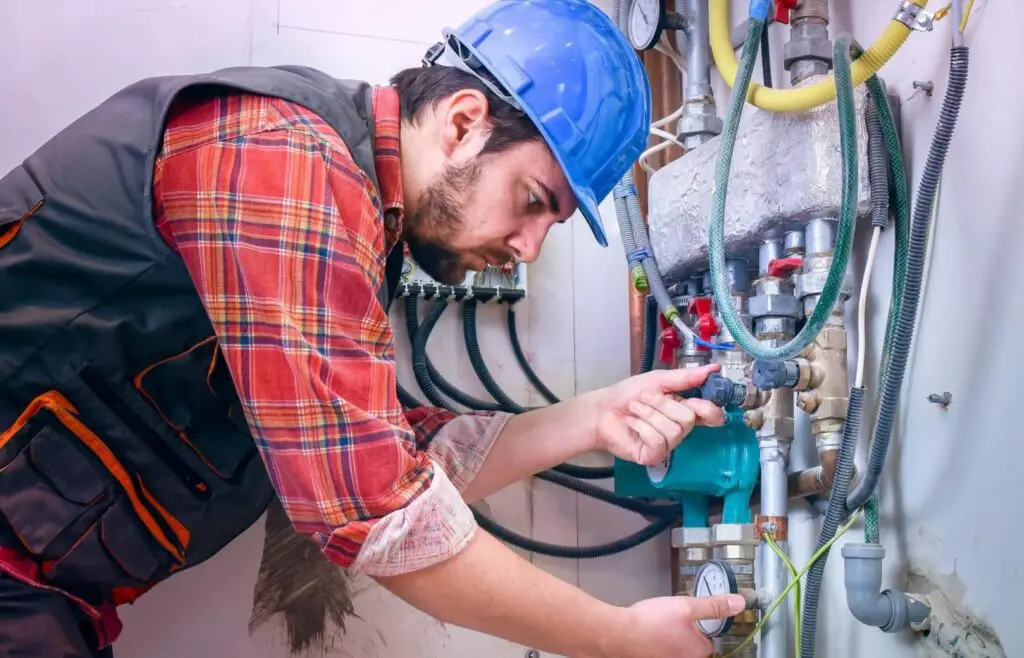
Conclusion
Obtaining a relevant education, such as a bachelor’s degree in mechanical engineering, provides a solid foundation of knowledge and technical skills. Gaining practical experience through internships or entry-level positions allows you to apply your knowledge in real-world settings and learn about industry standards and regulations. Securing the necessary licensing and certifications is crucial for establishing your plumbing engineer professional credibility and ensuring compliance with local regulations.
Ongoing learning and professional development activities keep you updated on the latest advancements in the field and help you stay ahead of emerging trends. Networking and building relationships with experienced professionals and industry organizations provide valuable mentorship and career opportunities. Engaging with professional communities allows you to share knowledge and collaborate with like-minded individuals.
Becoming a plumbing engineer is a journey that requires dedication, perseverance, and a passion for problem-solving. By pursuing this career path, you can make a significant contribution to society by ensuring the safe and efficient delivery of water, as well as the proper disposal of waste in various settings.



